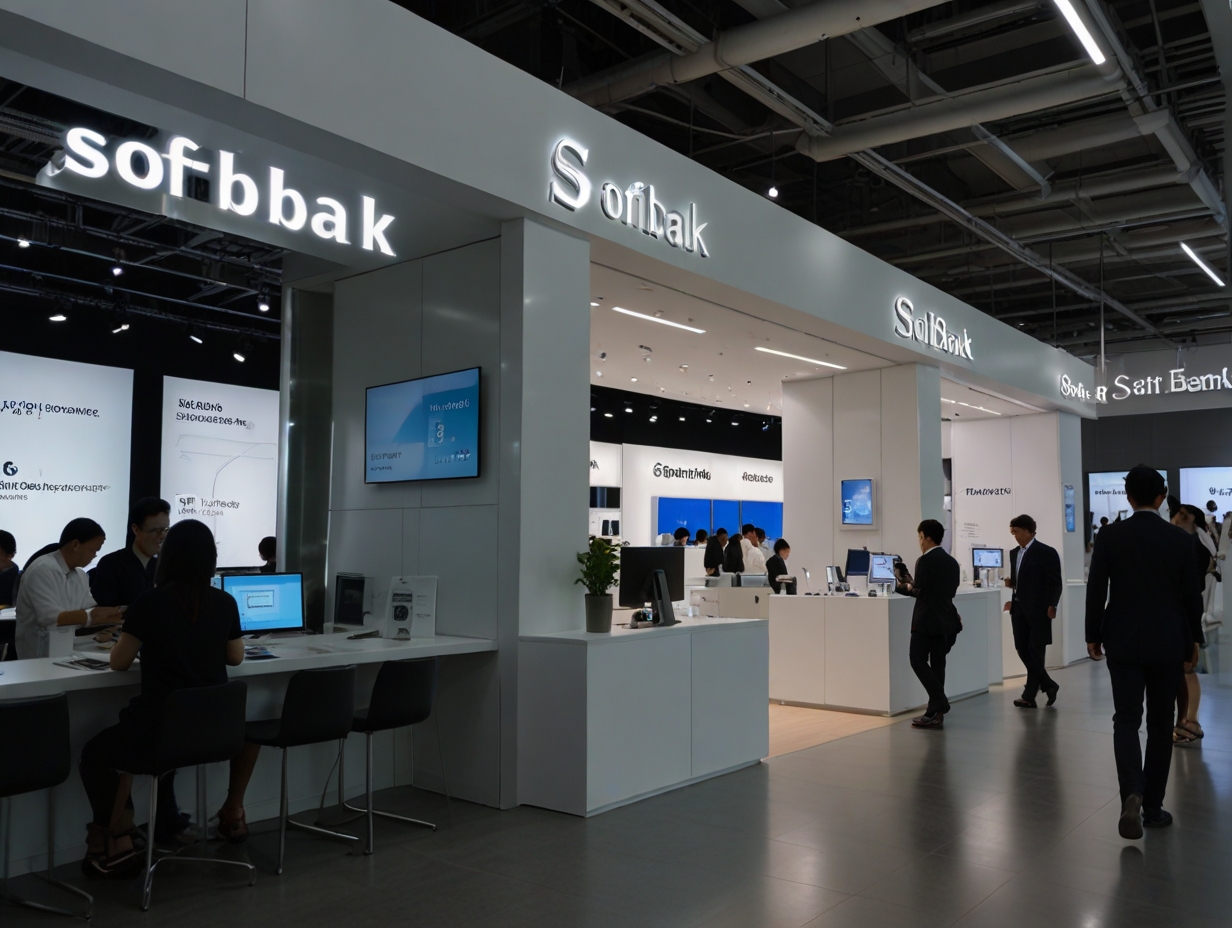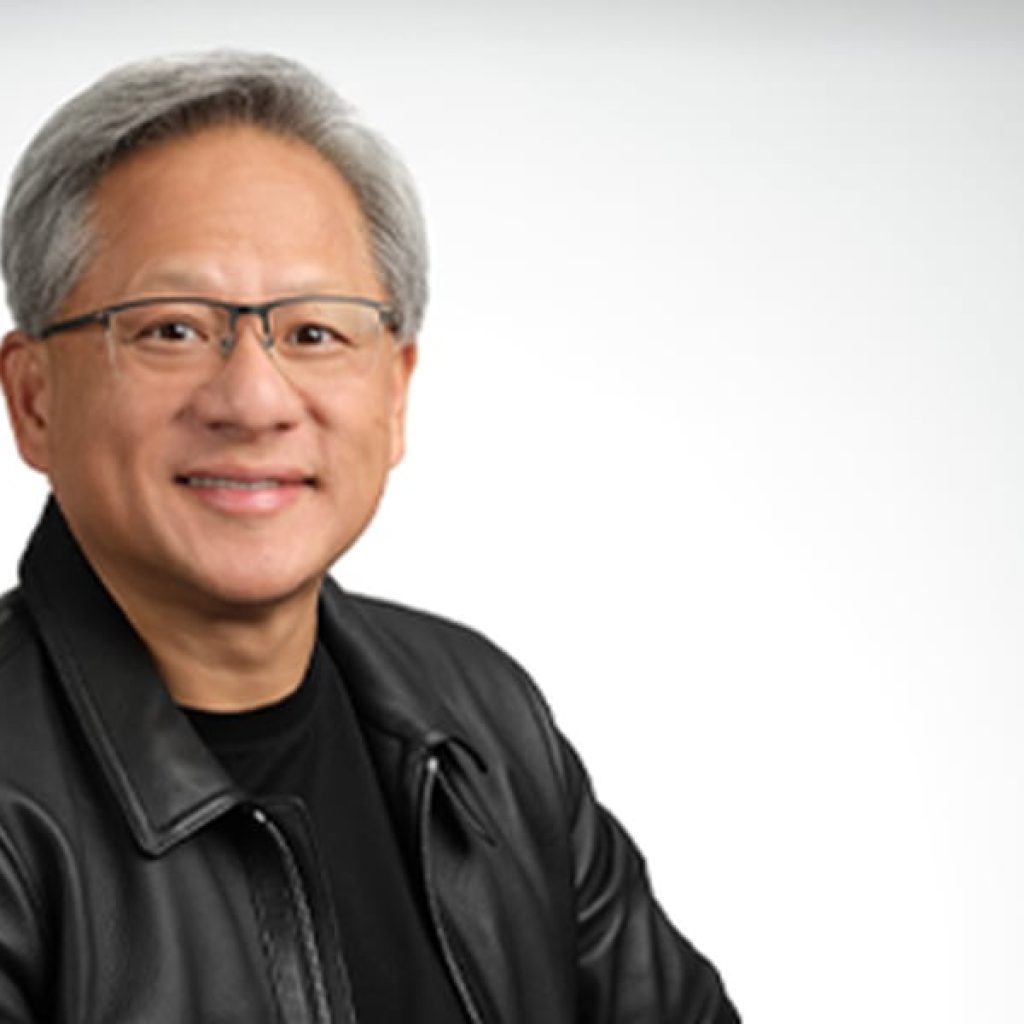SoftBank, a major Japanese telecommunications company, has announced that it will push the development of AI technologies with an investment plan of 150 billion yen ($960 million) by June of next year, and the venture’s investments mainly focus on boosting the company’s computing. This financial injection is the primary purpose of SoftBank to increase its capabilities of building and ultimately rendering the Japanese with specific AI model tests.
SoftBank’s AI investments and partnerships in Japan
Soft bank, in this way, enables the high cost for the company to be visible, making Softbank competitive in Japan in computing power. It is the third largest investment into technological infrastructure, following a 20 billion yen expenditure on computing infrastructure last year. By the recent announcement, SoftBank has made its place in society as the leader in computational resources, filling it with its latest increase of hands that have also been lent to other companies for this facility.
This plan will specify the purchase of a new generation of graphics processing units (GPUs), which are the products of Nvidia, one of the biggest chip designers in the US. However, these GPUs are super critical for the perfect building of advanced generative AI and help achieve breakthroughs. It is not just about SoftBank but also about a network system where SoftBank can share all know-how and capacities with others and be nurtured by other firms.
To achieve its objectives by fiscal year 2024, SoftBank plans to finish a large language model with 390 billion parameters, a pitchstone in AI. They have just started; this model is supposed to be the first step towards a model with 1 trillion parameters, and it is expected to start work soon, which is the next step in this new and incredible technology. The world’s best AI model is the appointer, and the organization encourages its performance to follow OpenAI’s GPT 4 standard, the world benchmark of high-performance AI.
Economic impact and market outlook
The investment is scheduled to take place at the right moment to gain from the Japanese generative AI market, which will be valued at almost $13 billion by 2030, exhibiting a 17-fold growth from the level of $750 million (estimated for 2023). These inherent landmines that AI adoption entails can lead to significant economic growth opportunities, stretching the application of AI to numerous industries.
SoftBank’s constantly innovating attitude in this regard seemed a winner, with investors who, through rising shares, are as high as of 2018. Such confidence is seen as the market brightness of AI perspective, which means AI can lead the business in the future.
Along with this, there is also the motivation to build national capabilities regarding AI, which illustrates other strategic and economic aspects related to the nation’s data security and sovereignty. Under the increased influence of global dynamics, Japan is seeking to diversify its supply chain, specifically technology advancement, as a way of building capabilities to combat sudden changes in the market or geopolitical tensions.
SoftBank’s data center expansion
Besides AI, Softbank has diversified by building up its infrastructure networks. The corporation is looking for new data centers within Japan and found them in Hokkaido as its key project, which is huge. These facilities are indispensable for processing data and will constitute a breakthrough in the era of AI-powered products.
The venture, which gives the company a broader strategic reach, reflects Softbank’s view that leadership in AI is an inevitable task in global AI takeoff. Furthermore, SoftBank, with those steps, does not just invest in technology but also forms the future Japanese market setting and its technological capabilities.
News sourced from NIKKEI ASIA





